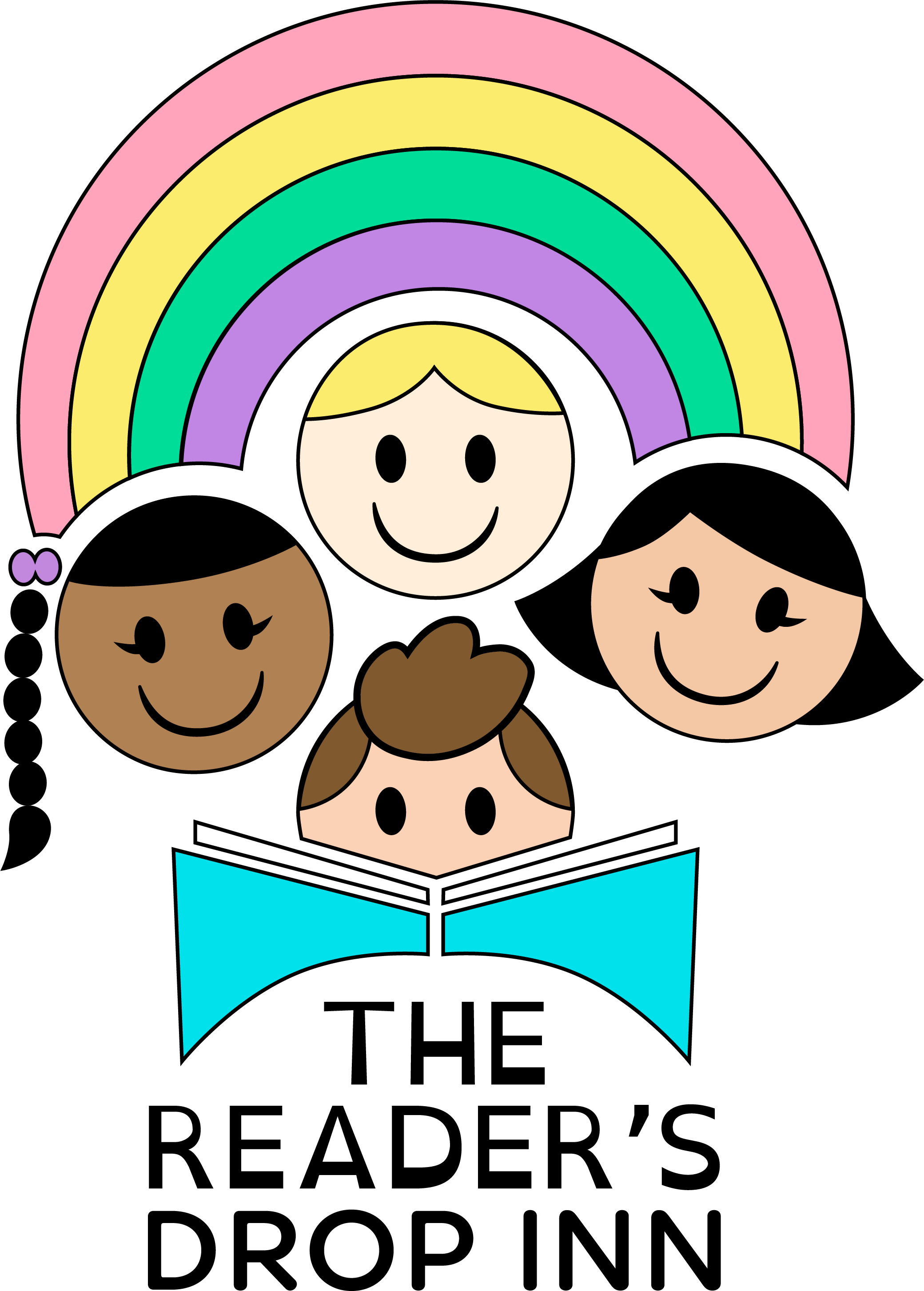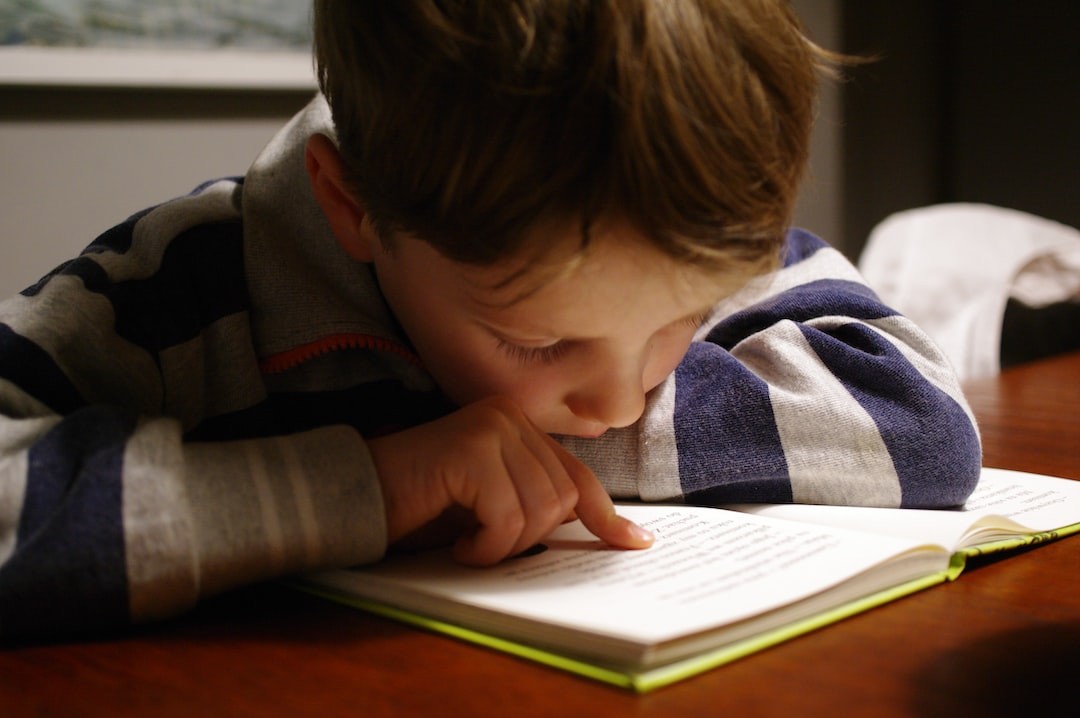Lately, I’ve been noticing parents asking what they can do to help their child with reading comprehension. Luckily, there is a formula supported by scientific research that was presented by Gough and Tunmer in 1986 to answer that question. It’s called the simple view of reading, and it tells us how to get to reading comprehension:
Decoding x Language Comprehension = Reading Comprehension
As you can see, reading comprehension can only happen when decoding skills and language comprehension are both strong. Let’s look at some simple math to see this equation in action.
Imagine a young reader whose mom reads to her every night. Her language comprehension is strong. However, she struggles to decode words independently. In this equation 0 (Decoding) x 1 (Language Comprehension) = 0 (Reading Comprehension). Even though her language comprehension is strong, she will struggle with reading comprehension until decoding is strong.
On the other hand, imagine a reader who is an expert decoder. For this example, imagine a student learning Spanish. He knows the letters and sounds, which are easier than English because every letter only makes one sound. He can decode words in Spanish easily, but he doesn’t know what they mean. In this equation 1 (Decoding) x 0 (Language Comprehension) = 0 (Reading Comprehension). He will struggle with reading comprehension until language comprehension is strong.
Now you may be asking, what do these variables mean and how can I use this knowledge to help my child with reading comprehesnion? That’s a great question. Let’s start with decoding. Decoding is the ability to match sounds to symbols (letters or phonemes), segment a word sound by sound, and blend them back together to read a word. This may sound complicated, but this is the high level of brain activity that happens when reading words. You may be more familiar with the phrase “sounding out words.”
Language comprehension is deriving meaning from spoken words. This can mean vocabulary or background knowledge about a specific topic, but it can also mean knowledge of language structures like syntax (the order of words in a sentence) or semantics (prefixes and suffixes).
Reading comprehension does not occur unless decoding and language comprehension are both strong.
What does the simple view of reading tell us as parents? It can help us find where our children are struggling with reading and how to fix it. It shows us to look beneath the iceberg and find the specific struggle that will eventually lead to reading comprehension.
How do we help our kids become skilled readers? That is a topic for another blog post, which we will be exploring next week.
References:
Gough, P. and Tunmer, W. (1986). Decoding, reading, and reading disability. Remedial and Special Education, 7, 6–10.


